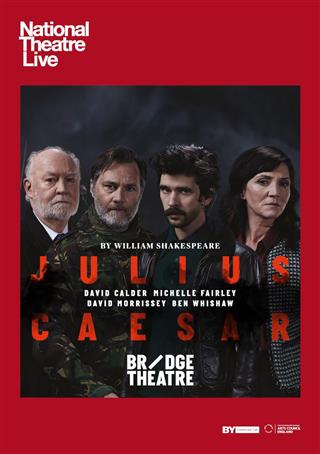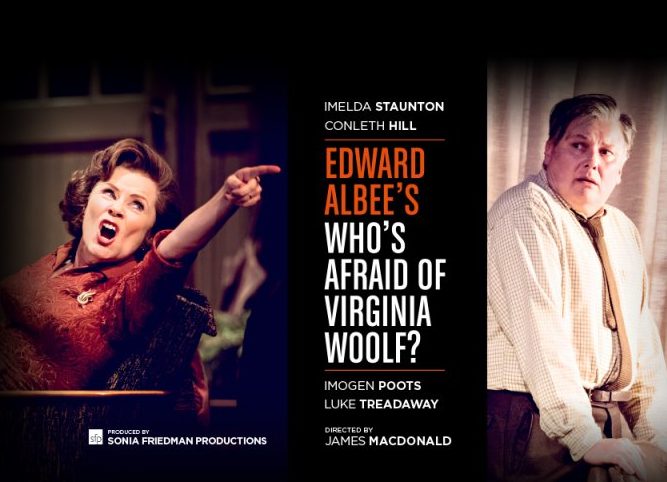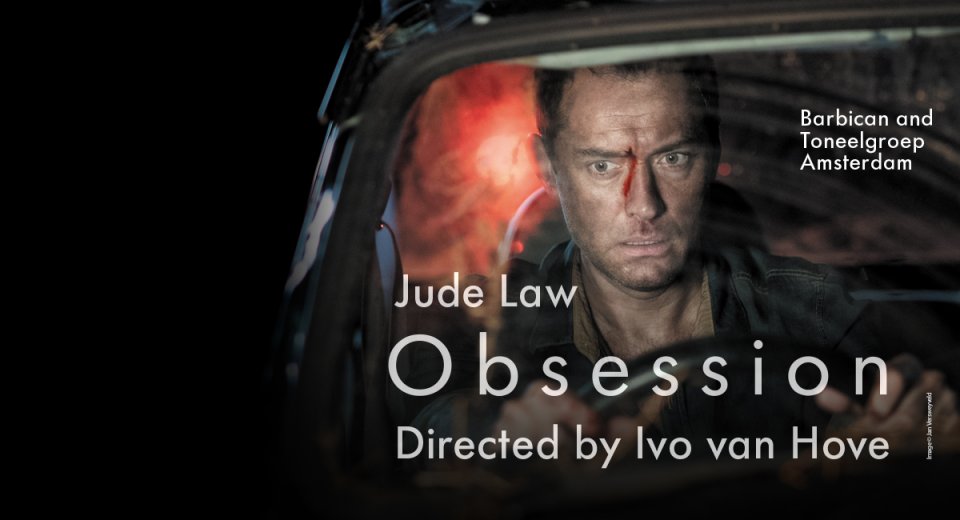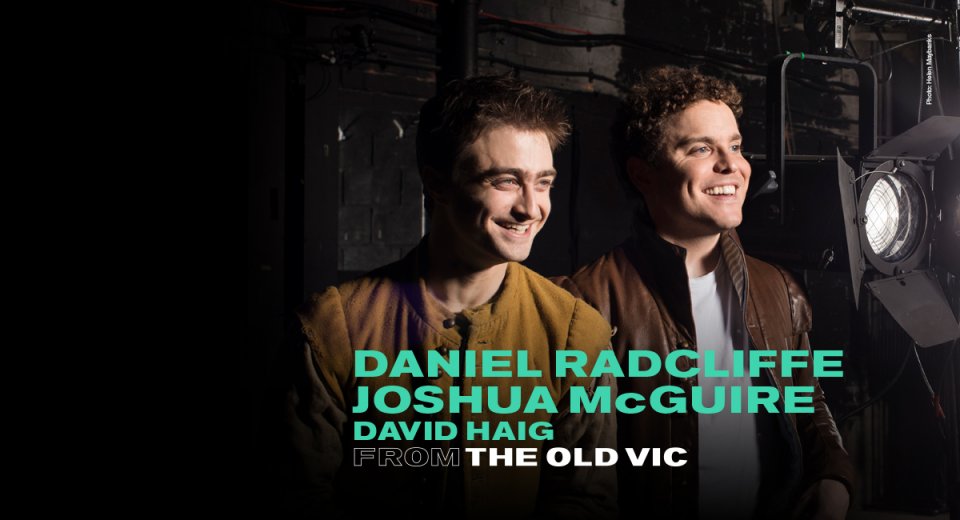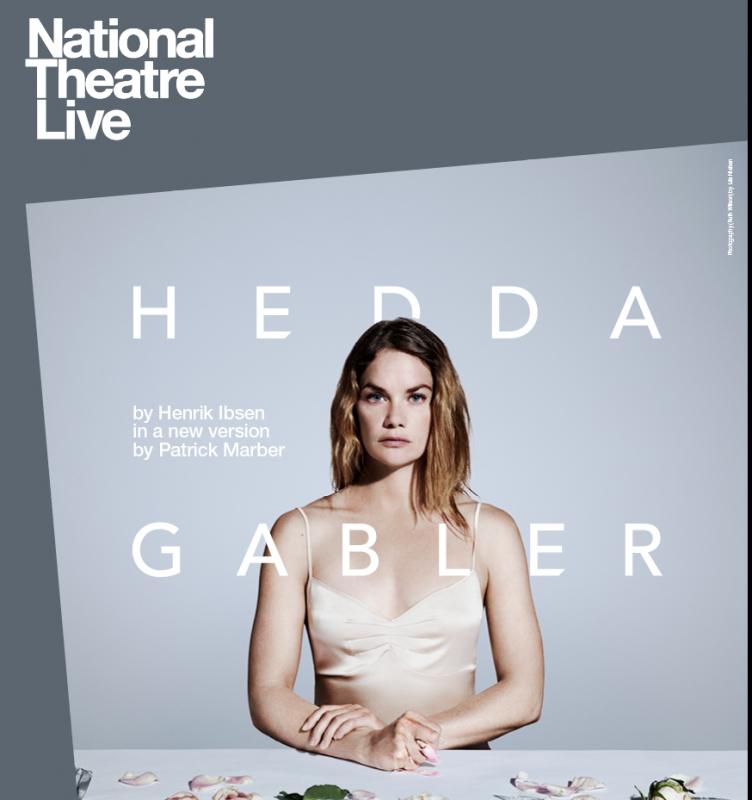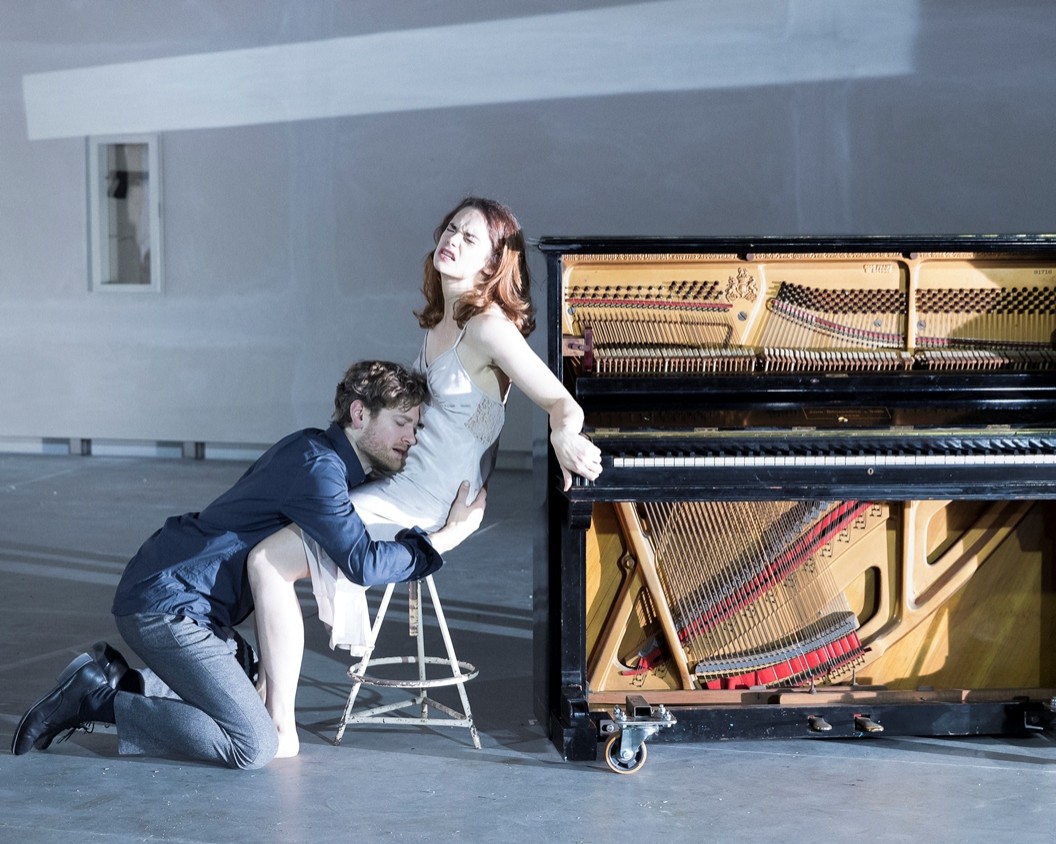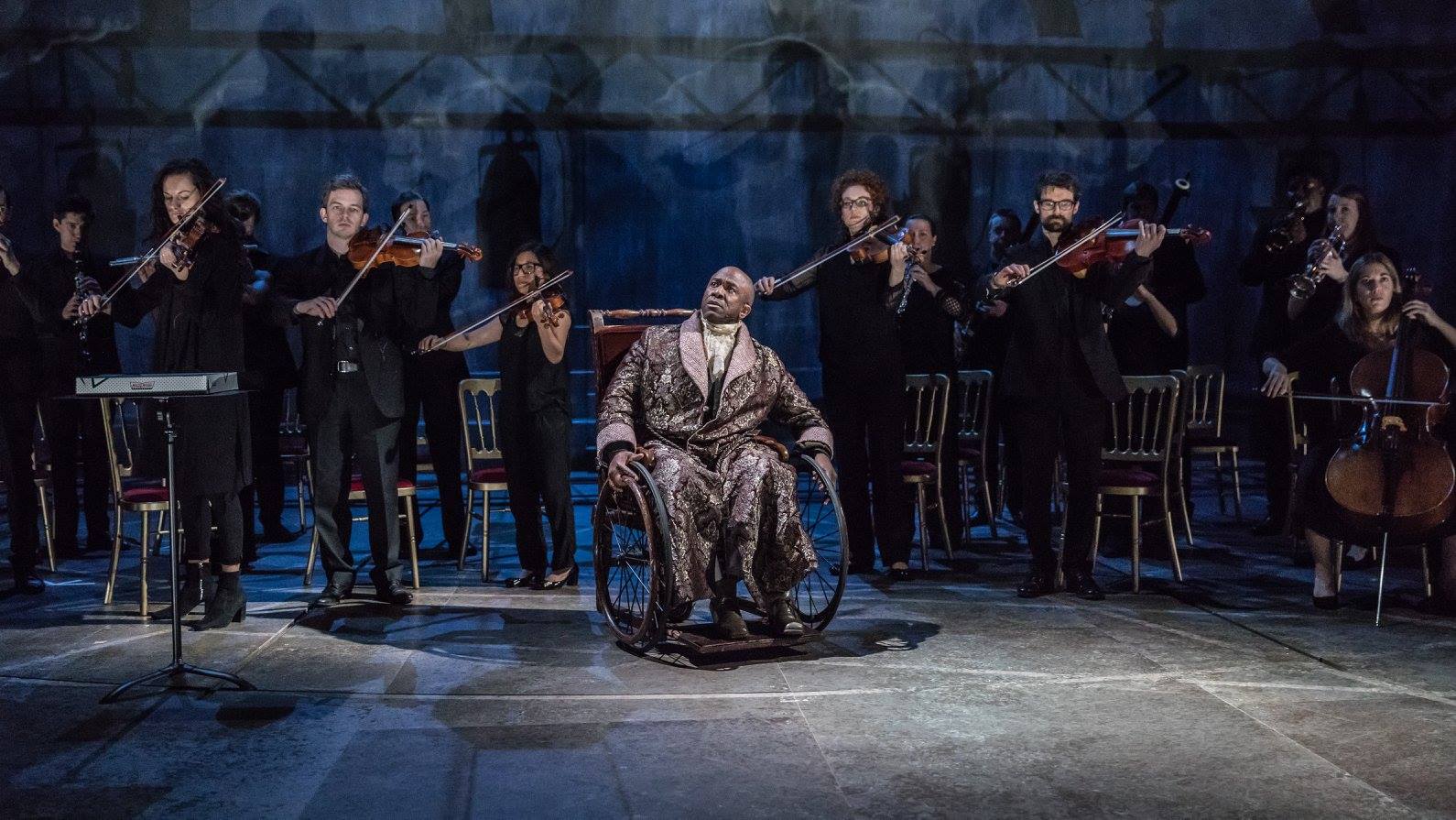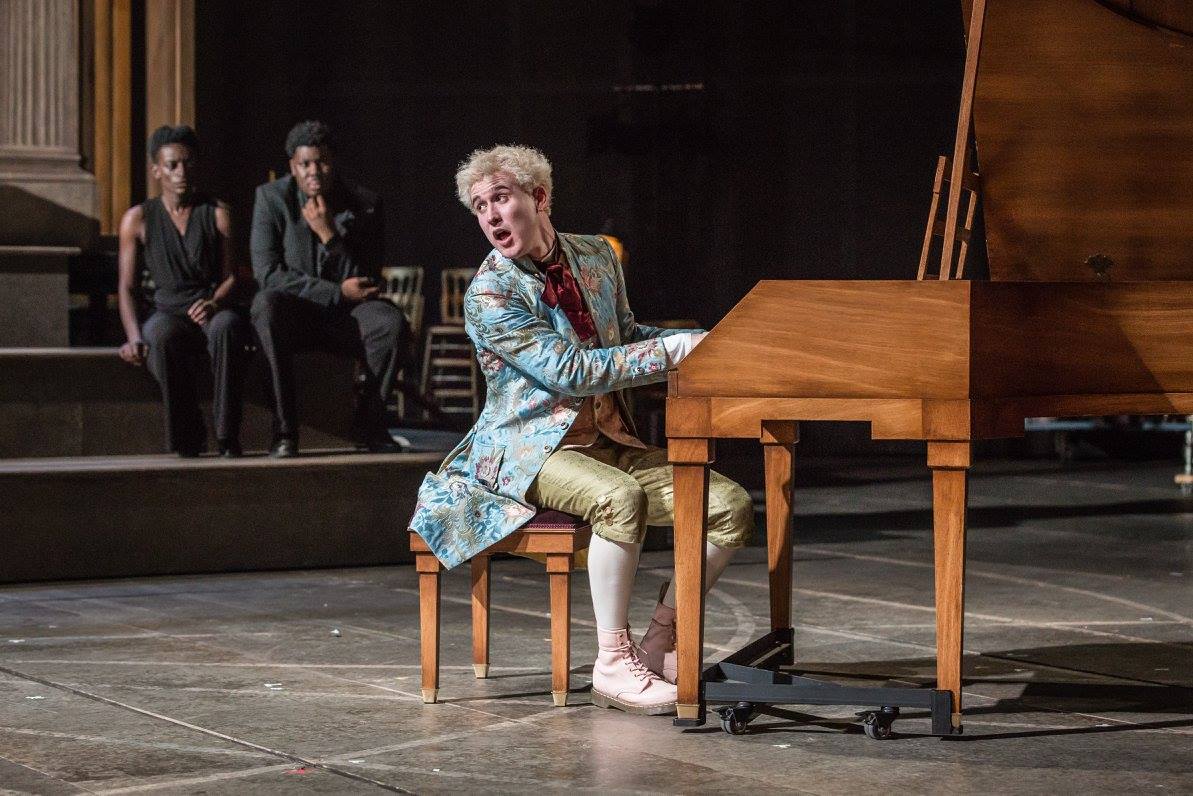Play Review: Yerma - National Theatre Live
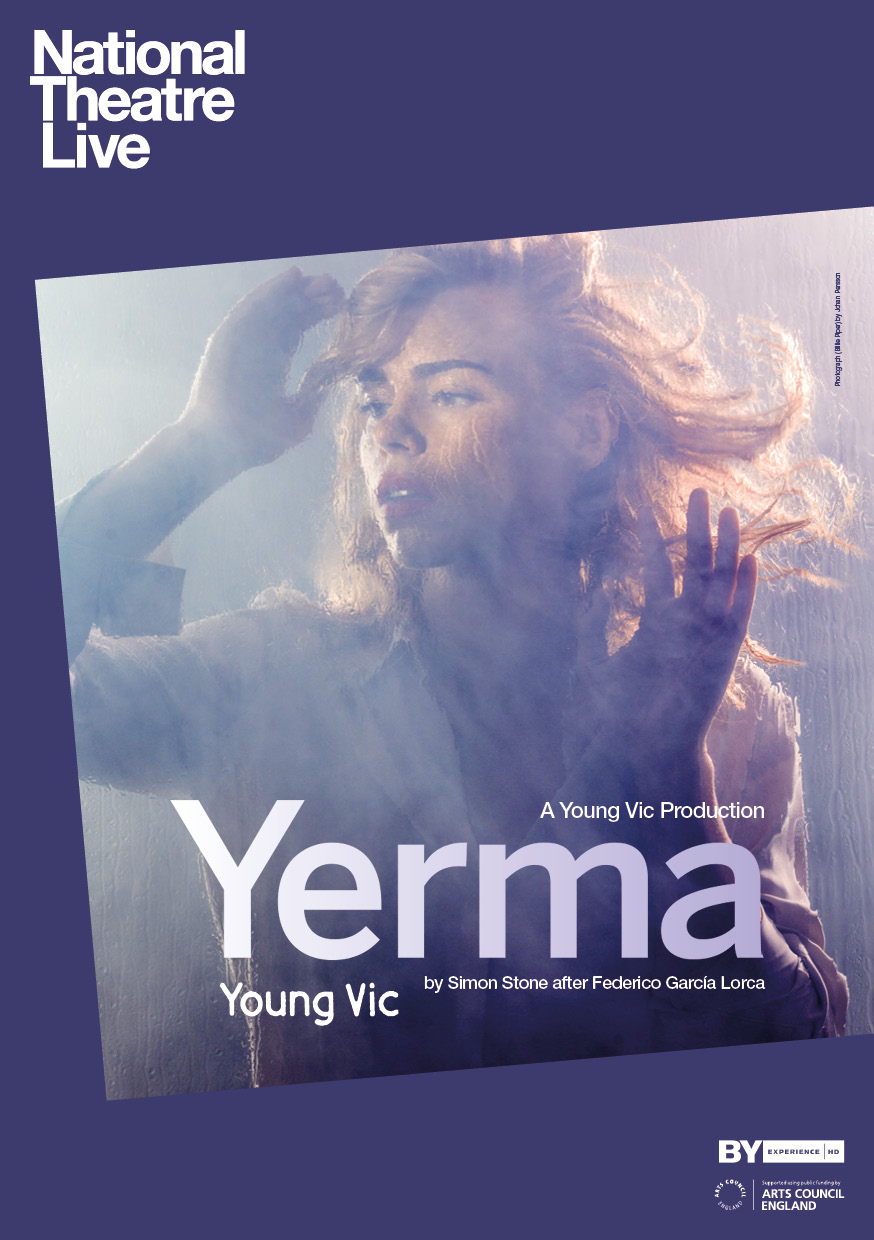
Please beware of spoilers to the plot of both the play and the NT adaptation.
I have never found it this hard to start a blog post about a play. The subject matter of Yerma threw me off completely. But allow me to start from the beginning.
I purchased a ticket for the live broadcast of Yerma months ago. As per usual, I was motivated not to miss a single broadcast with the added incentive of seeing Billie Piper on stage. I loved Billie as the 9th Doctor’s companion back in a day and was excited to see her perform.
I had not known the plot of Yerma before I picked up the book, although I did know of Frederico Garcia Lorca. I got myself a copy of Four Major Plays by Lorca and was surprised to see that the play was only 50 pages long. I managed to read it in two sittings on the day of the broadcast.
Yerma - The Play
Yerma is identified by Lorca as “a tragic poem in three acts and six scenes”. It was written in 1934, right on the brick of Spanish Civil War in 1936 and the author’s demise. The play takes place in a rural Andalusia, where Yerma, a married woman, suffers from the inability to conceive a child. Every woman in her seems to be pregnant, but yet she is still waiting after two years of marriage. Her husband Juan doesn’t seem to be at all concerned about it. His concerns more lie within Yerma’s increasingly erratic behaviour and worry about the spreading rumours that Yerma is unfaithful. Desperate, Yerma goes to a place of pilgrimage but refuses to lie with another man. Finding out that Juan never really wanted children and never will, Yerma kills her husband, killing with him her only hope to have a child.
Set in a time and society where the only place for a woman was to sit at home and raise children, Yerma is a tragic story of a woman trapped between her sense of duty and honour (toward her father and husband) and her desire to have a child (for which she requires her husband’s permission). Yerma is judged by other women and men in her environment for not having children yet. Her name itself means ‘barren’ in Spanish, although it is not clear whether it is true or not.
I can’t say I liked the subject matter of the play, however, Lorca’s writing is so lyrical and vivid, that I couldn’t help bookmarking a couple of passages.
Yerma: “Are you supposed to want a man just for being a man and nothing else?”
Yerma: “If I could suddenly turn into an old woman with a mouth like a crumpled flower, I could give you a smile and cheerfully share my life with you. But now, just leave me alone with my pain.”
The play has a lot of songs and lyrical passages woven into the dialogues. Considering that and the length of the play, I was rather curious to see National Theatre production.
National Theatre
The play ‘Yerma’ was adapted and, essentially, re-written for modern London by Simon Stone. It is an hour and a half long play with no intermission. It was originally produced in 2016 and brought back to Young Vic in 2017.
Here is the official synopsis:
The incredible Billie Piper (Penny Dreadful, Great Britain) returns in her Evening Standard Best Actress award-winning role.
A young woman is driven to the unthinkable by her desperate desire to have a child in Simon Stone’s radical production of Lorca’s achingly powerful masterpiece. The unmissable theatre phenomenon sold out at the Young Vic and critics call it ‘an extraordinary theatrical triumph’ (The Times) and ‘stunning, searing, unmissable’ (Mail on Sunday). Billie Piper’s lead performance is described as ‘spellbinding’ (The Evening Standard), ‘astonishing’ (iNews) and ‘devastatingly powerful’ (The Daily Telegraph).
Set in contemporary London, Piper’s portrayal of a woman in her thirties desperate to conceive builds with elemental force to a staggering, shocking, climax.
The play was split into ‘chapter’, each introduced on a black screen with a title and live music. The blackout allowed a change of scene and decorations. The whole play is conducted in an enclosed space, which looks like a glass box or an aquarium, turning the actors into the subjects of observation. And isn’t it how life is? Both ‘Her’ (Yerma), who has no actual name, and John (Juan) are symbols of any couple struggling to conceive. She is a journalist and a blogger; John is a businessman who is always away.
There are a lot of changes in the play. It is hard to call it an adaptation. Rather, Lorca’s Yerma was an inspiration for Stone’s Yerma. Both Yermas are pressured by society, but they struggle and attempt to cope with it in different way. There are a lot of feminist dialogues in the Stone’s play, which are only ever hinted at (if you squint) by Lorca.
Similar to a modern version of Hedda Gabler, I couldn’t fully connect with modern Yerma or her obsession to have a child. A modern Yerma didn’t really the same pressure from her family. Rather that pressure came from within. Perhaps, that is why the ending of Stone’s Yerma was different from Lorca’s.
Billie was stunning. I loved her on stage and, I admit, if it weren’t for her captivating performance, I would have been bored out of my wits. Neither perceived societal norms or expectations regarding women's reproductive system or what they should or should not do with them are of no interest to me. Personally, I can not relate to the desire to produce an offspring, and so strong to that. But regardless of my own feelings on the matter, the play is well written and adapted for stage. Billie’s performance is riveting and well deserved of all the praise. She received several awards for her performance in Yerma, including the prestigious Best Actress at the Laurence Olivier Theatre Awards.
If I am to split the ratings between different parts, I would give:
Plot: 2 stars
Writing by Frederico Garcia Lorca: 3 stars
I will give the play the average of 3 stars.
Adaptation by Simon Stone: 4 stars
Performance: 5 stars
I will give the production the average of 4 stars.
More of my theatre play reviews.
Sources:

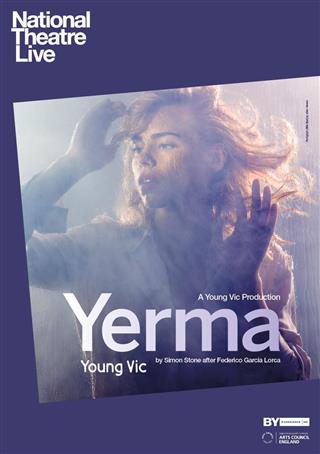 Yerma - National Theatre Live
Yerma - National Theatre Live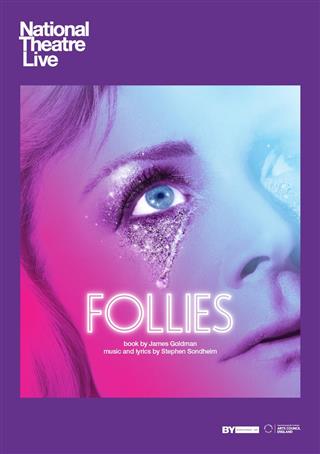 Follies - National Theatre Live
Follies - National Theatre Live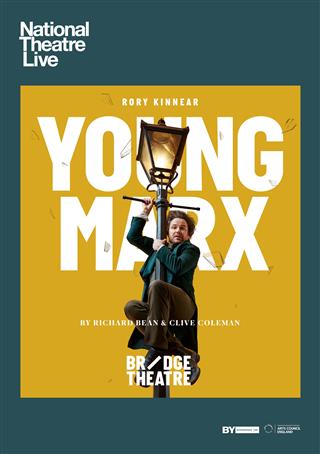 Young Marx - National Theatre Live
Young Marx - National Theatre Live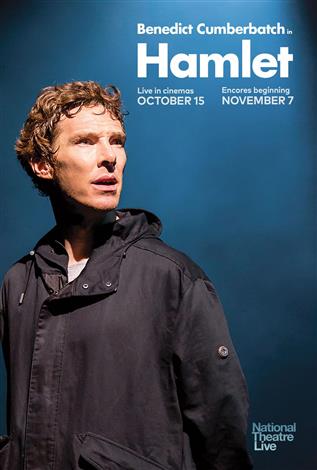 Hamlet - National Theatre Live ENCORE
Hamlet - National Theatre Live ENCORE